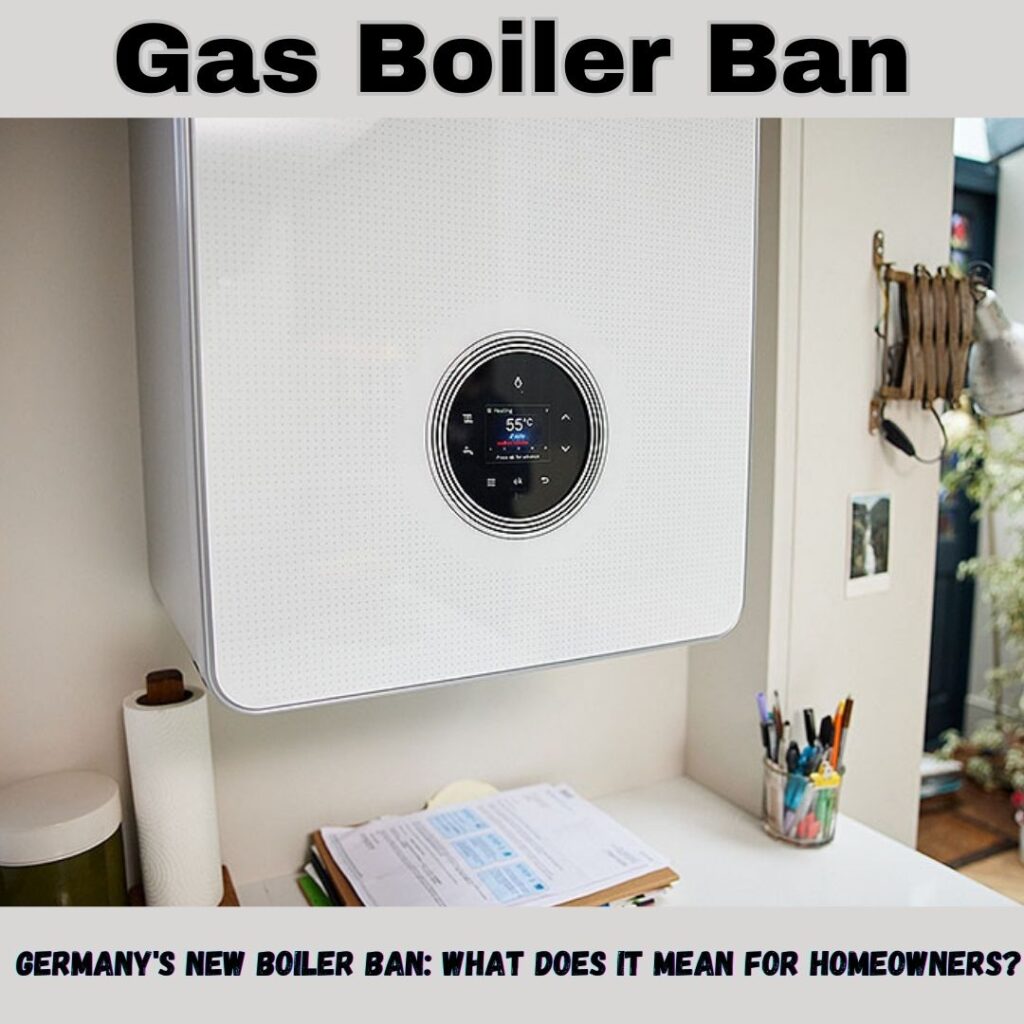
Germany passes watered-down boiler ban
Germany’s parliament has passed a law banning the installation of new fossil fuel boilers in new homes. The law, which was amended after months of debate, will now only cut about three quarters of the polluting emissions it had targeted.
The original law would have been an effective ban on all new gas and oil boilers. However, the amended version allows for gas boilers to be installed if they can be converted to hydrogen. It also gives homeowners until 2028 at the latest to replace their existing boilers.
The law was passed by a vote of 399 to 275, with five abstentions. The Green party politician who oversaw the legislation, Robert Habeck, said that it was a “milestone for climate protection.” However, environmental groups have criticized the law as a “toothless tiger” that will not do enough to reduce emissions from the building sector.
The law’s passage comes after months of controversy. The liberal Free Democrats, the third partner in Germany’s governing coalition, had opposed the ban, arguing that it would be too expensive for homeowners. The law was also criticized by Germany’s best-selling newspaper Bild, which branded it “the heating hammer.”
The German government has said that it will increase subsidies for homeowners who replace their old boilers with more efficient models. However, it is unclear whether this will be enough to offset the cost of the ban.
The following are some of the key points of the law:
- From January 2024 onwards, new heating systems in new residential buildings shall be equipped with a minimum of 65% renewable energy.
- Owners of existing homes have until 2028 at the latest to replace their boilers.
- Gas boilers will still be allowed if they can be converted to hydrogen.
- The German government will increase subsidies for homeowners who replace their old boilers with more efficient models.
- The law’s passage is a significant step forward for climate action in Germany. However, it remains to be seen whether it will be enough to meet the country’s emissions targets.